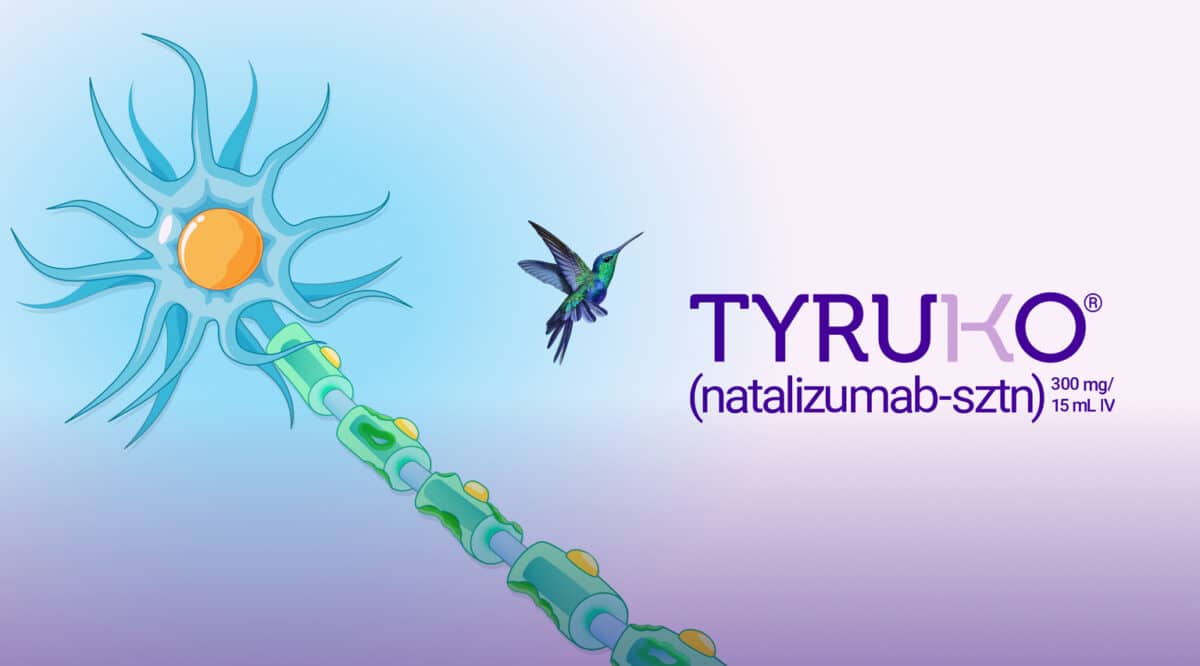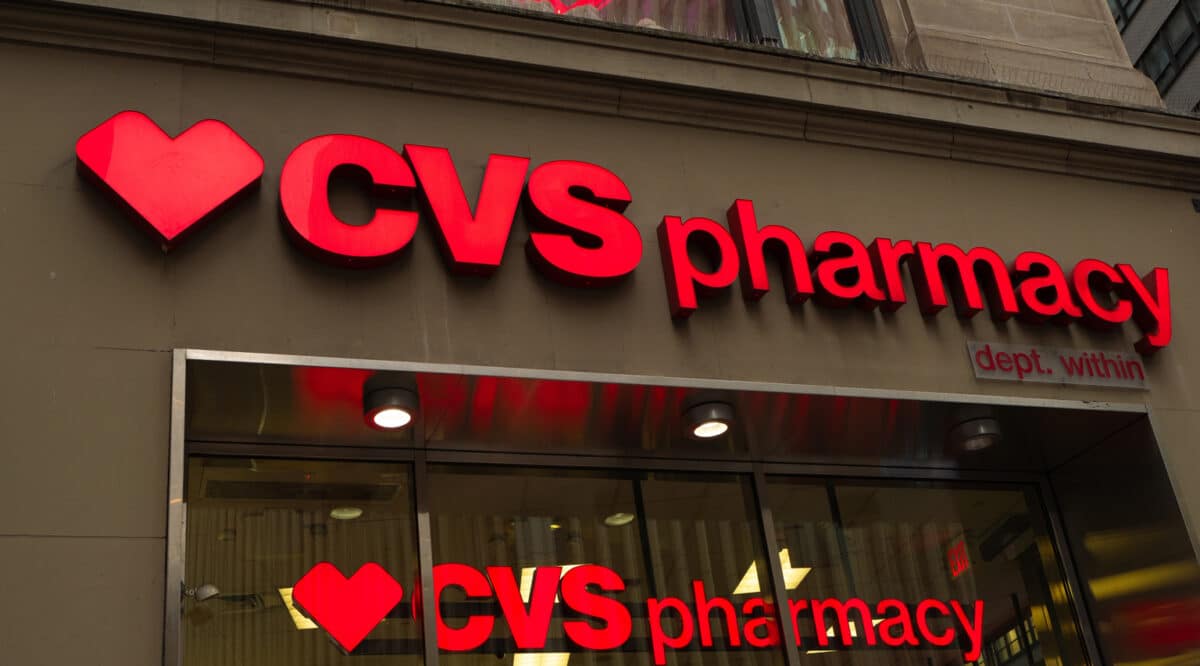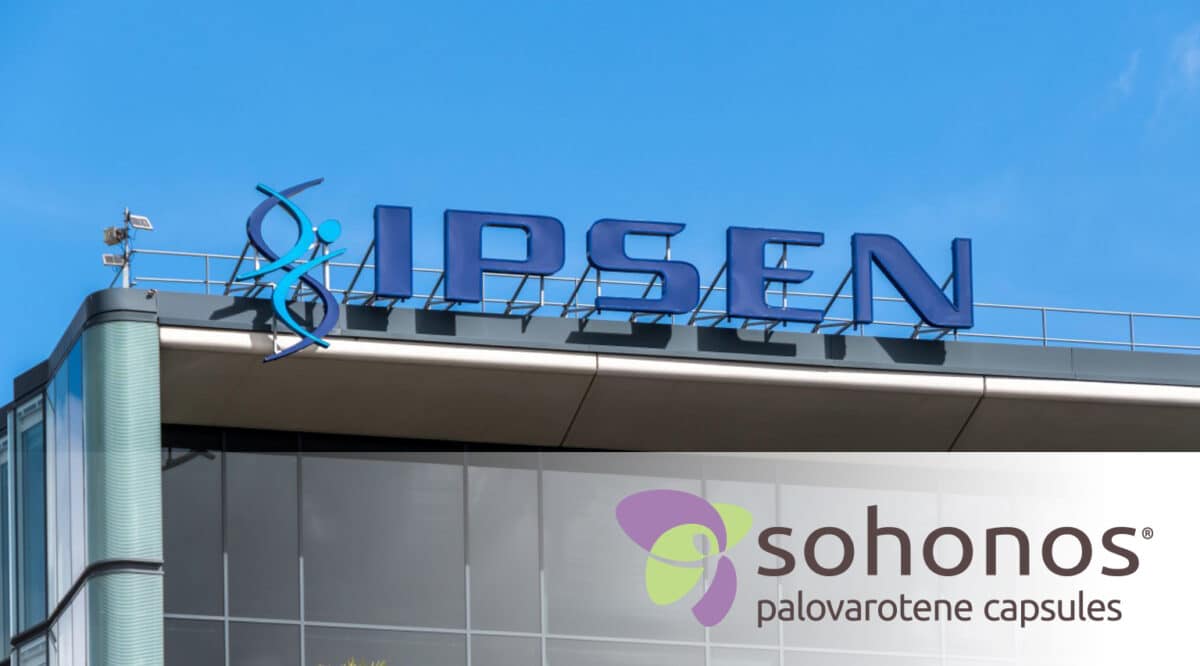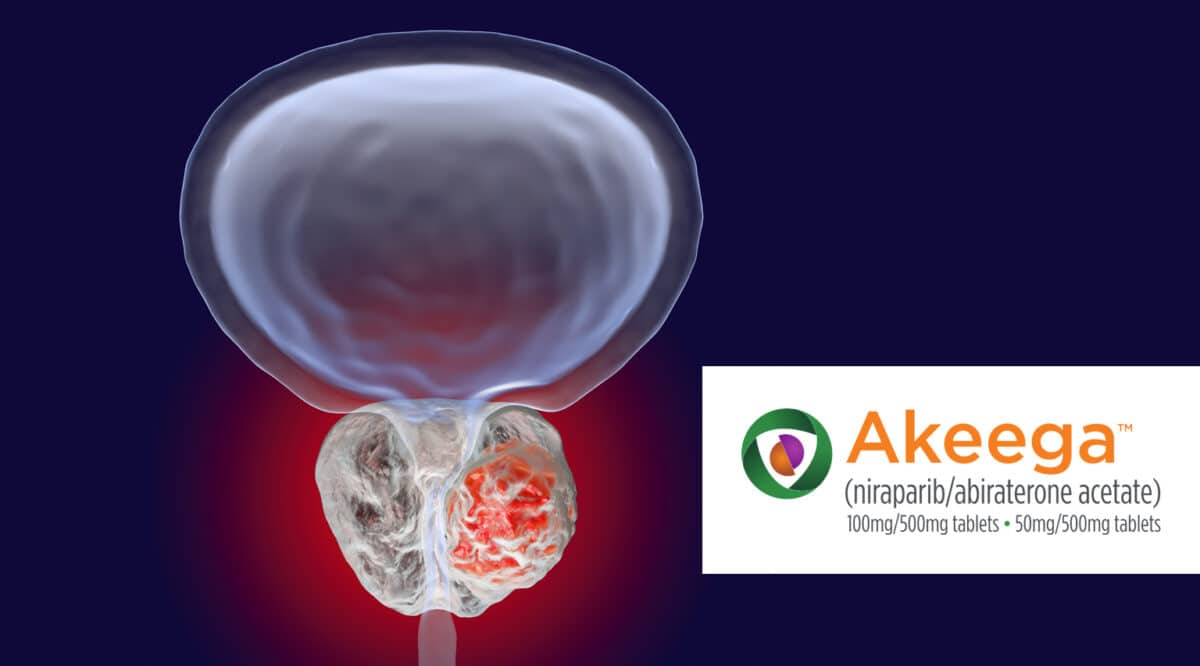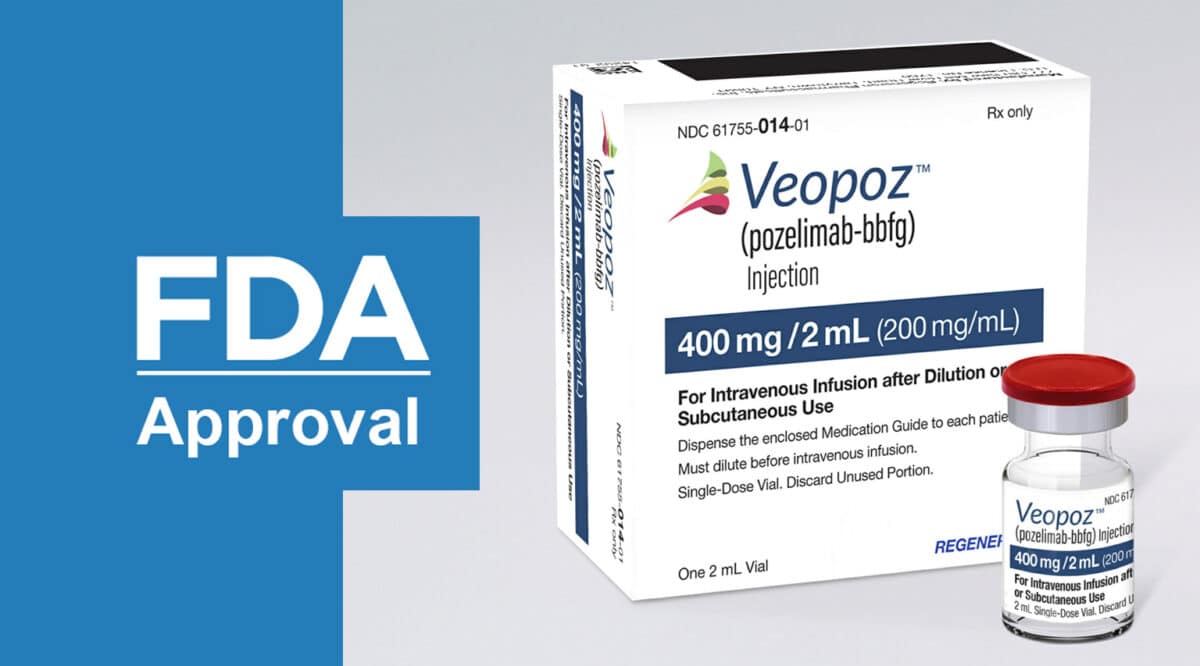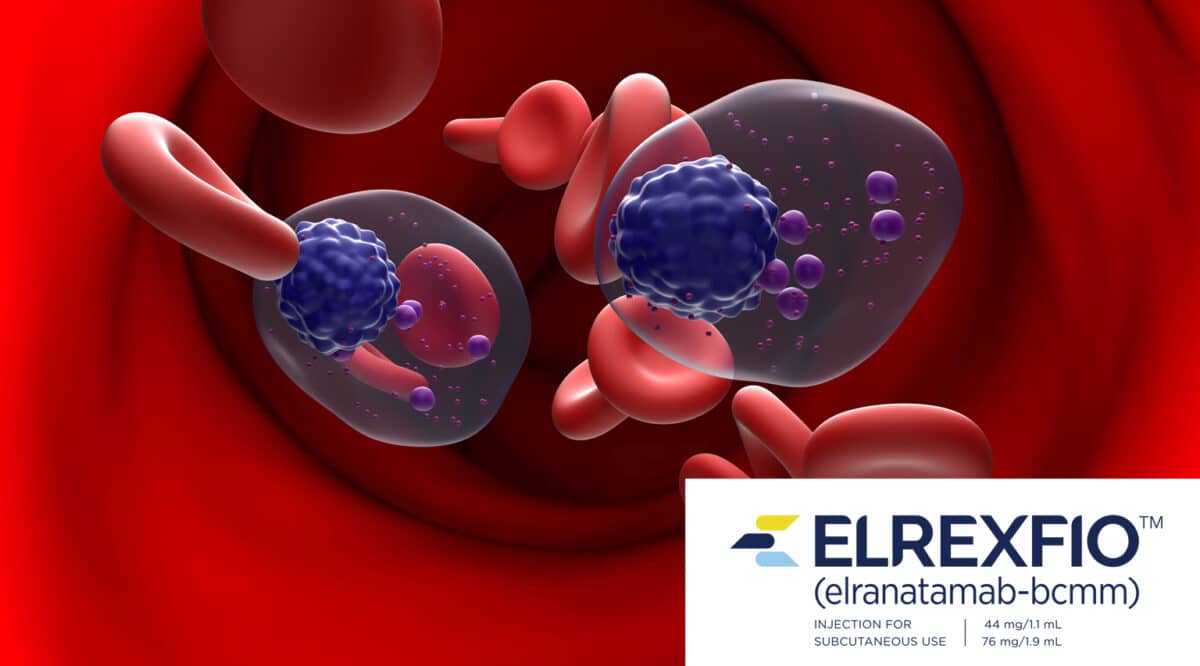Continuing Biosimilar Week
Recently the FDA approved a new biosimilar, Tyruko (natalizumab-sztn) from Sandoz Inc., with indications for adults with relapsing forms of multiple sclerosis, including clinically isolated syndrome, relapsing-remitting disease and active secondary progressive disease, and adults with moderately to severely active Crohn’s disease with evidence of inflammation who have had an inadequate response to, or are unable to tolerate, conventional Crohn’s therapies and tumor necrosis factor (TNF) inhibitors.
Tyruko is the first biosimilar to reference product Tysabri.
What was noteworthy about this approval is that it introduced a totally new disease to the relatively short list of supported diseases targeted by other biosimilars. Nearly half of all biosimilars approved to date were for only three drugs….. Humira, Avastin and Neulasta!
The pipeline for biosimilars is where the market now has a laser focus. The amount of investment in developing new biosimilars is beyond significant….. and big returns on investment are expected. However, the first obstacle to jump start biosimilar uptake (we addressed that in our last REPORT). But, that is changing with approvals including FDA ‘interchangeable’ designations and increasing payor receptivity.
The last remaining challenge is pricing. Tyruko came to market at about a 20% discount to Tysabri which is ‘expected’ and isn’t considered a ‘Blue Light Special’ deal. Much has been written about the pricing strategies that take place behind the scene in which brand manufacturers cut deals with PBMS and payors to offer rebates that negate the benefit of the lower wholesale prices of the biosimilar. None the less, biosimilars are elbowing their ways onto preferred payor formularies.
——————————————————————————————–
FDA Approves First Biosimilar to Treat Multiple Sclerosis
The U.S. Food and Drug Administration today approved Tyruko (natalizumab-sztn), the first biosimilar to Tysabri (natalizumab) injection for the treatment of adults with relapsing forms of multiple sclerosis (MS). Tyruko, like Tysabri, is also indicated for inducing and maintaining clinical response and remission in adult patients with moderately to severely active Crohn’s Disease (CD) with evidence of inflammation who have had an inadequate response to, or are unable to tolerate, conventional CD therapies and inhibitors of TNF-α (tumor necrosis factor, a substance in your body that causes inflammation).
“Biosimilar medications offer additional effective treatment options that have the potential to increase access for people living with relapsing forms of multiple sclerosis,” said Paul R. Lee, M.D., Ph.D., director of the Division of Neurology 2 in the FDA’s Center for Drug Evaluation and Research. “Today’s approval could have a meaningful impact for patients managing their disease.”
Tyruko is approved to treat the following relapsing forms of MS:………………. article continues

